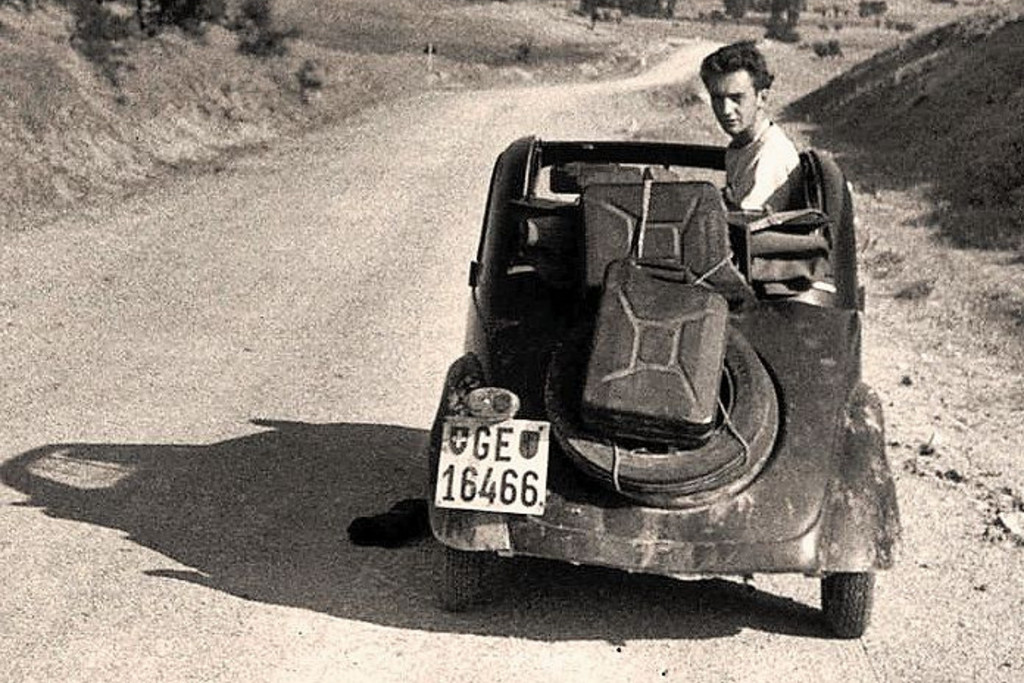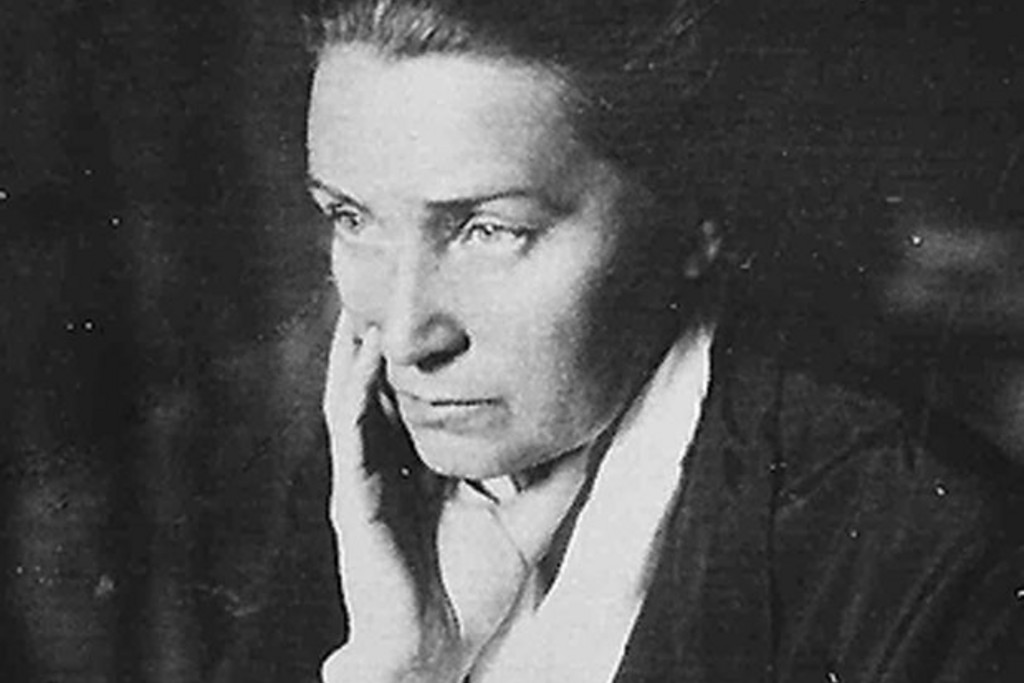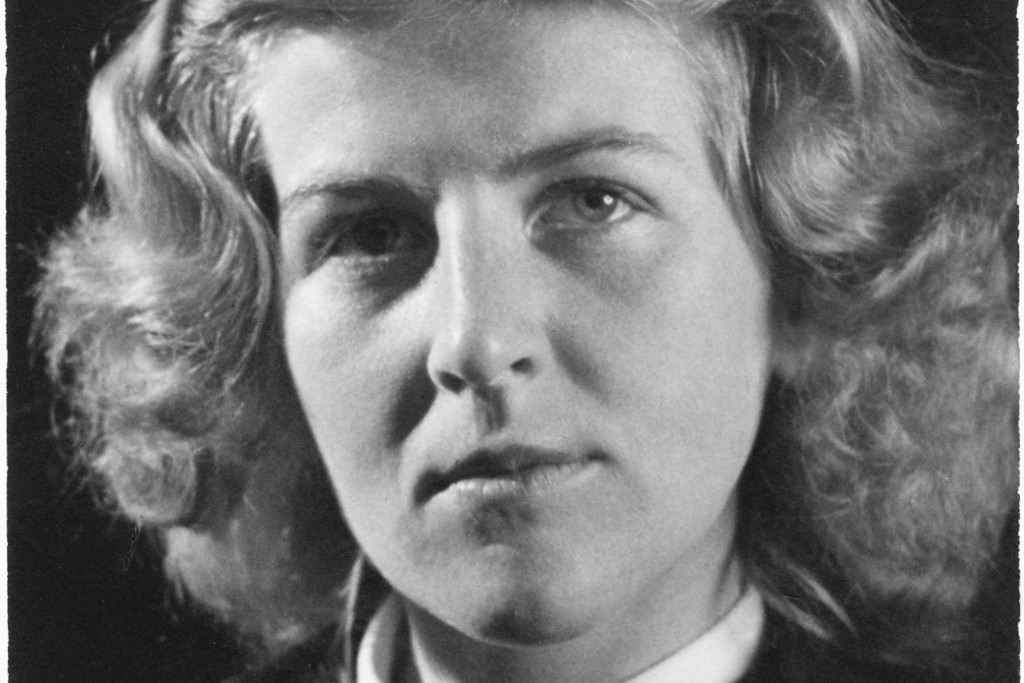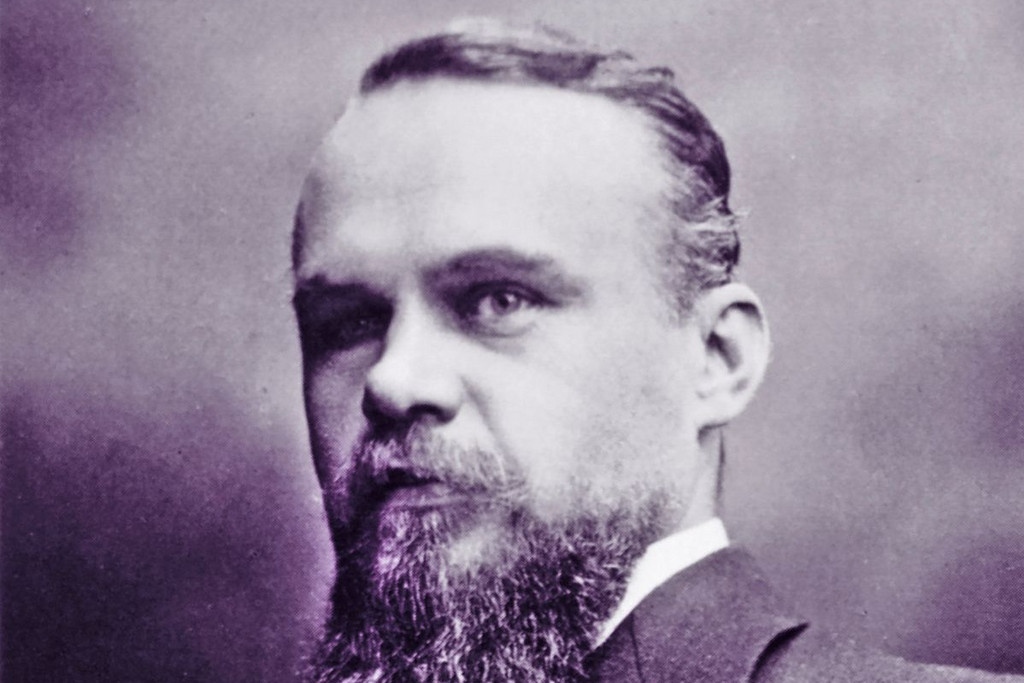Every job could have been filled twice – so oversubscribed was the teaching profession when 22-year-old Albert Bächtold gave up his own job as a primary school teacher in 1913. After two years at a school in Merishausen, Bächtold accepted an invitation from a Swiss expatriate to work as private tutor for the noble estate of Baranovichi near Kyiv. During his stay, he would live through the most dramatic period in modern Russian history: the fall of the Tsar, the failure of the Kerensky republic, the return of Lenin, and the subsequent revolution. Far from motivating him to keep the red flag flying, this experience turned him into an opponent of all things Marxist and communist. After returning to Switzerland in October 1918 on a train laid on by Lenin for him and other Swiss expatriates, Bächtold began fighting for the interests of Russian exiles. He eventually travelled to the United States to raise money for them – giving speeches, visiting the notorious Sing Sing prison, and having a chance encounter with a business that sold portable cinema projectors. Fascinated by these self-styled “pocket cinemas”, Bächtold promptly began working as the firm’s Swiss representative. He quickly earned a fortune, drove the most expensive car around, and married his second wife – the most beautiful of all the models from the Zurich fashion house Grieder. Bächtold was living the dream – until the Great Depression arrived in 1929. Suddenly alone and with no money left, he tried to make ends meet working as a journalist.
Inspired by Norwegian author Knut Hamsun, he also began writing novels, the first of which was “Der grosse Tag”. One evening, he read out an excerpt at Rudolf Jakob Humm’s literary circle, where the reaction was muted, to put it mildly. However, the scholars took such a liking to how he had rendered one of the chapters in his local Klettgau dialect, they suggested he write in the vernacular instead.
“De Tischtelfink”, his first-ever book written in dialect, was a homage to his prematurely deceased father. For years, Bächtold was unable to get it printed, until his luck changed in 1939. Ironically, it was the left-leaning publishing house, Büchergilde Gutenberg, that saved the day, keen to champion local cultural heritage at a time when “geistige Landesverteidigung”, the intellectual defence of the nation, was of significant importance. Further autobiographical works in dialect followed – “De Hannili Peter” (childhood), “Wält uhni Liecht” (when the doctors operated on his eye), “De Studänt Räbme” (at school in Schaffhausen) and “De ander Wäg” (the Zurich years and his decision to begin writing in dialect). Yet Bächtold surpassed all this in 1950 when he recounted the story of his Russian adventures from 1913 to 1918 in a novel entitled “Pjotr Ivanowitsch” (Pyotr Ivanovich). This extensive two-volume work contains autobiographical elements, but also includes a breathless if completely fictitious love story. Nonetheless, “Pjotr Ivanowitsch” is remarkable for its authentic portrayal of the Russian countryside and Russian society – and for the fact that Bächtold goes as far as lending new words, sentence constructions and forms of dialogue to his dialect in order to mimic the Russian language. Some of the characters even have foreign accents or speech impediments that are easy to make out above their otherwise impeccable Klettgau dialect.
No nostalgia for America
“De Silberstaab”, published in 1953, covers Bächtold’s time in the USA, but it lacks the intensity and warmth of “Pjotr Ivanowitsch” – no wonder, given how starkly the author compared America with Russia: “America is remarkable but forgettable. I can take or leave it. Russia is the country I fell in love with. And you never forget something you love.”
By the time he died in 1981 at the age of 90, Albert Bächtold had produced a total of 14 books in Klettgau dialect – all of which can still be ordered from the Schaffhausen-based Meier Buchverlag publishing house, despite the fact that hardly anyone outside Bächtold’s home canton has heard of them. Apparently, a sizeable property in Meilen that Bächtold had owned came to light after the author’s death. It could only be sold on condition that all Bächtold’s works continue to be reprinted and published for 500 years.
Charles Linsmayer is a literary scholar and journalist in Zurich.
“One of our most valuable cultural assets, ladies and gentlemen, is dying a slow death before our very eyes – and no one seems bothered. We all appear to have time, money and energy for everything apart from our own mother tongue.”
Translated excerpt from Bächtold’s speech on receiving the Lake Constance Literature Prize in 1966











Comments
Comments :
Dann kam das Handelsdiplom und unser Leben als Erwachsene begann. Ich zog sehr bald nach Deutschland, wo ich bis zum heutigen Tage noch bin. Meine Freundin ist schon vor vielen Jahren gestorben und ich kann also in meiner gemütlichen Dachwohnung mit Aussicht auf die Dächer der kleinen Stadt Mayen zu niemandem mehr sagen: "Chum, me gönt de Herr Bächtold go bsueche." - Alles was bleibt ist die Erinnerung.